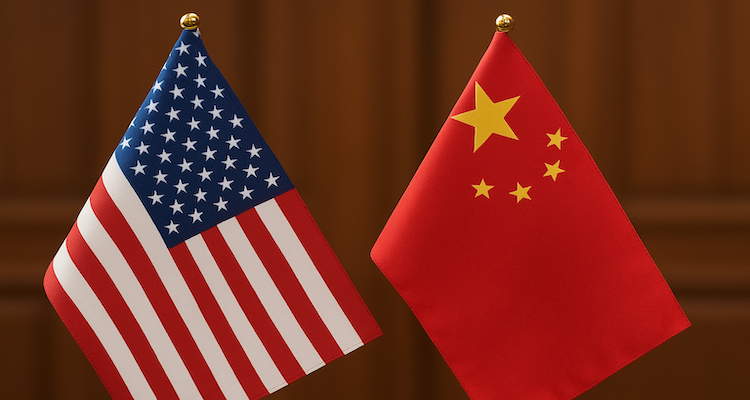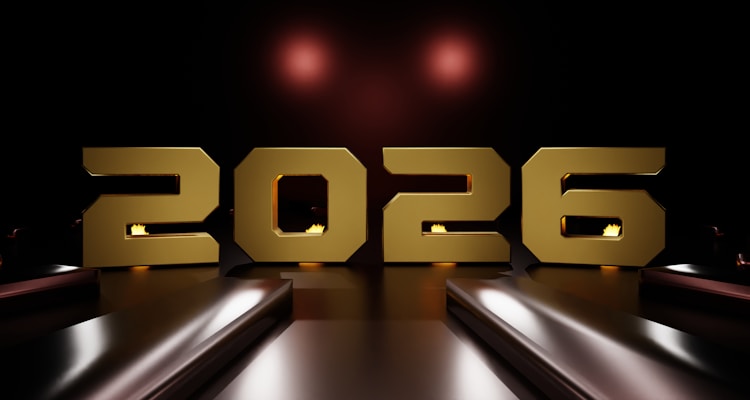U.S. Rejects China’s Warning to Hong Kong Consul General

The U.S. State Department dismissed Beijing’s warning against its top diplomat in Hong Kong, underscoring long-standing tensions over diplomatic roles and interference claims.
A New Flashpoint in U.S.-China Relations
The United States has pushed back against Beijing’s latest attempt to limit the role of American diplomats in Hong Kong, dismissing a warning issued to newly appointed U.S. Consul General Julie Eadeh. The exchange has added a fresh layer of strain to an already fraught relationship between Washington and Beijing, with the two powers clashing over sovereignty, diplomacy, and influence in the semi-autonomous city.
Context & Background: Hong Kong’s Diplomatic Tightrope
Hong Kong has long served as a flashpoint in U.S.-China relations, where diplomatic engagement is often viewed by Beijing as interference. Julie Eadeh, who assumed her post as U.S. Consul General in August, is no stranger to controversy in the city. In 2019, during the height of pro-democracy protests, Chinese state media criticized her for holding discussions with student leaders, even publishing her photograph in the local press. Washington condemned the move at the time, accusing Beijing of endangering diplomats and their families.
Main Developments: Beijing Issues a Stern Warning
On Thursday, Cui Jianchun, China’s top diplomat in Hong Kong, publicly revealed that he had confronted Eadeh earlier in the week. His office released a statement accusing her of conduct deemed unacceptable under China’s interpretation of diplomatic norms.
Cui outlined what he described as the “Four Don’ts” for the U.S. Consul General:
-
Do not meet individuals deemed off-limits by Beijing.
-
Do not engage with so-called “anti-China” groups.
-
Do not support or finance activities that could disrupt Hong Kong’s stability.
-
Do not interfere in national security cases.
The statement further urged Eadeh to “break with anti-China forces” and adhere to principles of non-interference in domestic affairs.
U.S. Response: Diplomacy as Usual
The U.S. State Department dismissed the warning, stressing that American diplomats are expected to advance U.S. interests around the world, including in Hong Kong.
“U.S. diplomats represent our nation and are charged with advancing U.S. interests globally, which is standard practice for diplomats everywhere,” a senior State Department official said in response to Cui’s remarks.
The firm rebuttal signals that Washington has no intention of scaling back its diplomatic presence or activities in Hong Kong, despite Beijing’s pressure.
Expert Insight: A Familiar Pattern
Analysts note that clashes over U.S. diplomats in Hong Kong are not new. Beijing often frames engagement with civil society and pro-democracy figures as interference, while Washington insists such outreach is a normal function of diplomacy. The 2019 controversy, when Chinese outlets exposed private details about U.S. diplomats, underscored how sensitive and dangerous the issue can become.
By publicly restating these restrictions, Beijing appears intent on sending a message both to Washington and to Hong Kong’s political activists that China will strictly police diplomatic engagement in the city.
Impact & Implications: A Test of Boundaries
The timing of the exchange is notable. Washington and Beijing remain locked in competition across trade, security, and global influence. Each diplomatic skirmish in Hong Kong risks widening mistrust at a time when both governments publicly signal interest in stabilizing ties.
For Hong Kong, the warning highlights the city’s diminishing space for international outreach since Beijing imposed sweeping national security laws in 2020. Foreign diplomats may find their room to maneuver increasingly constrained, testing how far the U.S. is willing to push back in defense of its diplomatic role.
A Small Clash in a Larger Rivalry
The dispute over Julie Eadeh’s role may appear narrow, but it is emblematic of the broader struggle between the U.S. and China over rules, influence, and sovereignty. With Washington signaling it will not yield to Beijing’s warnings, and China insisting on strict red lines, Hong Kong continues to sit at the uneasy center of a global power rivalry.
ALSO READ: NATO on Edge as Russia and China Escalate Hybrid Warfare Tactics










